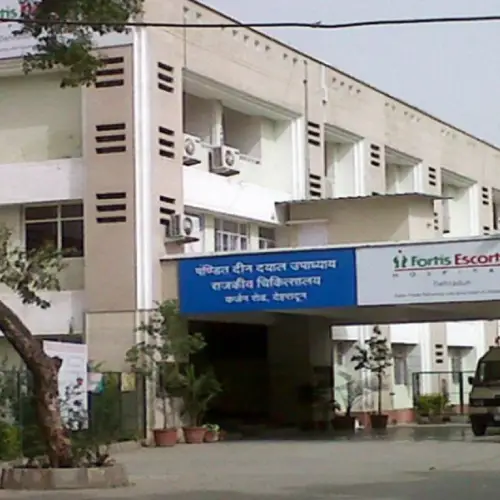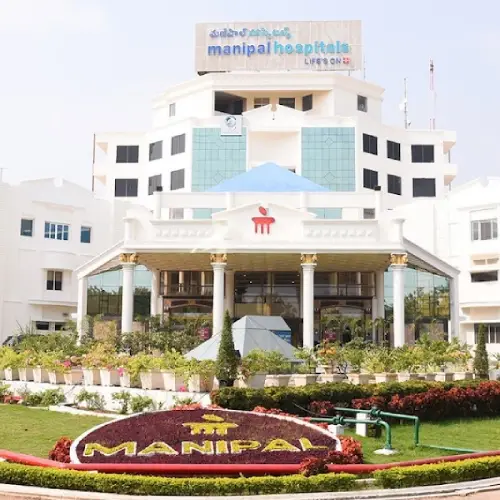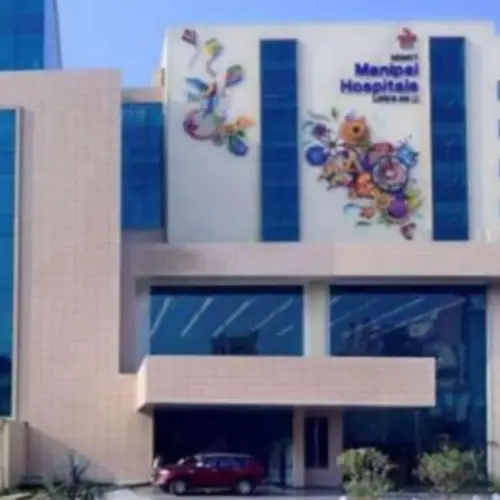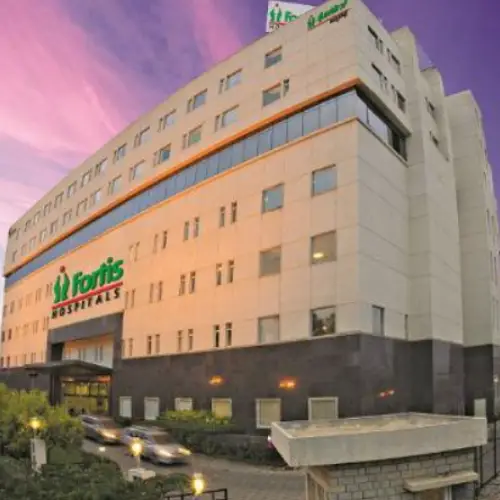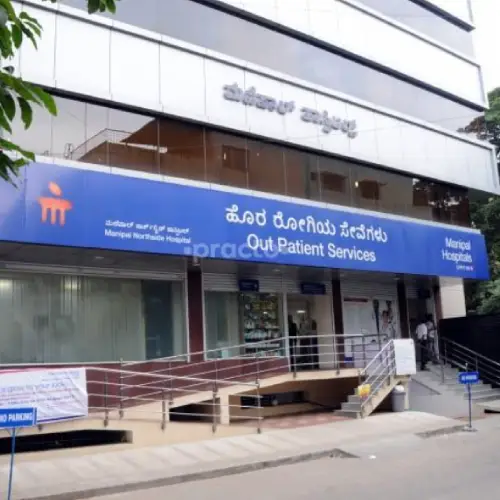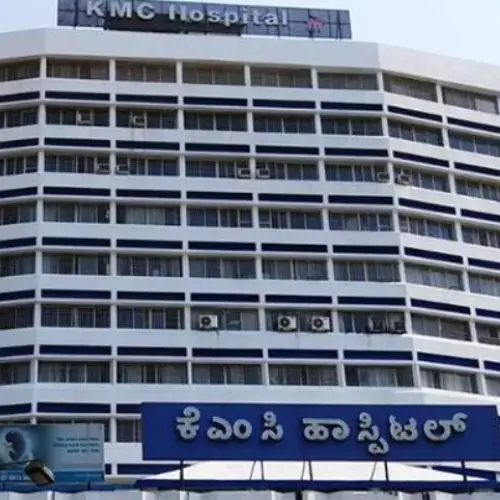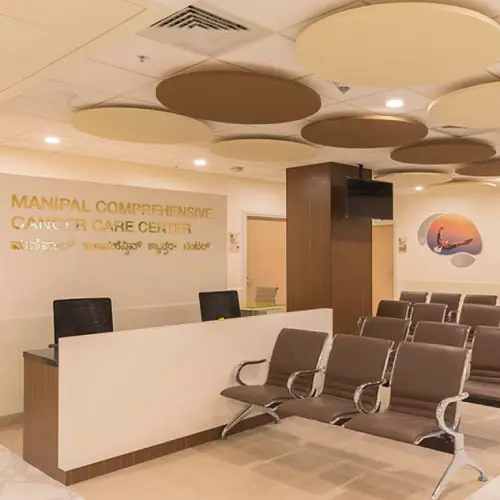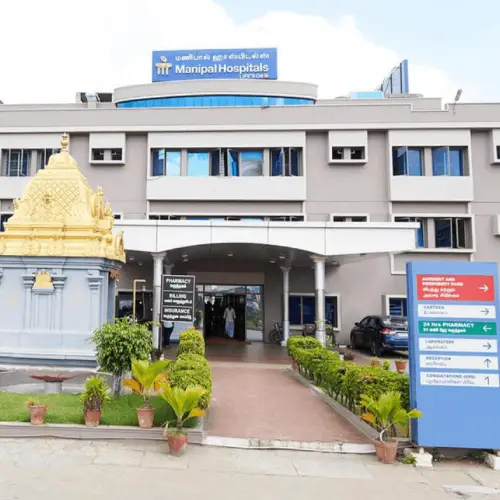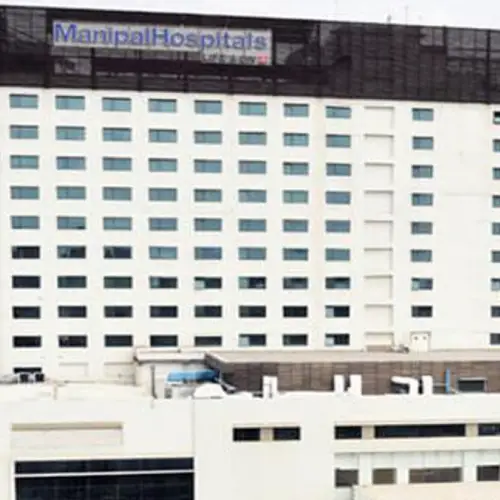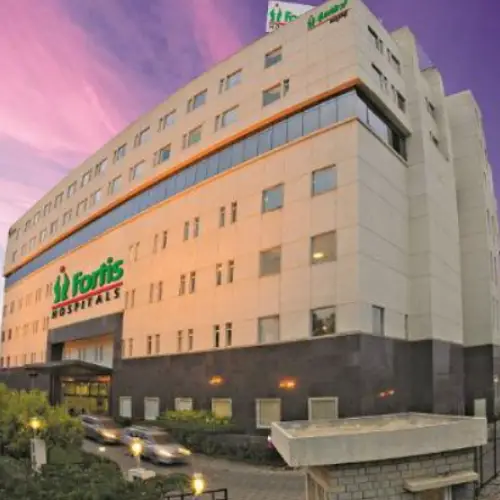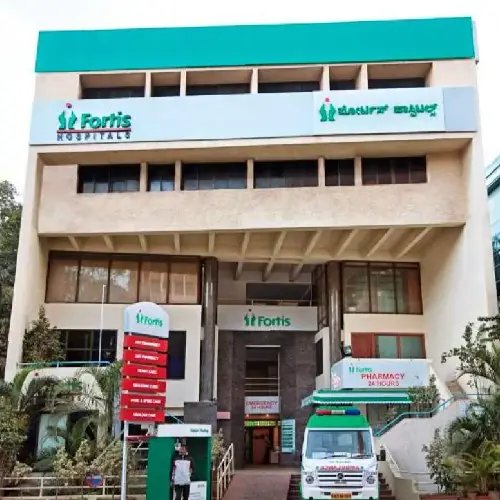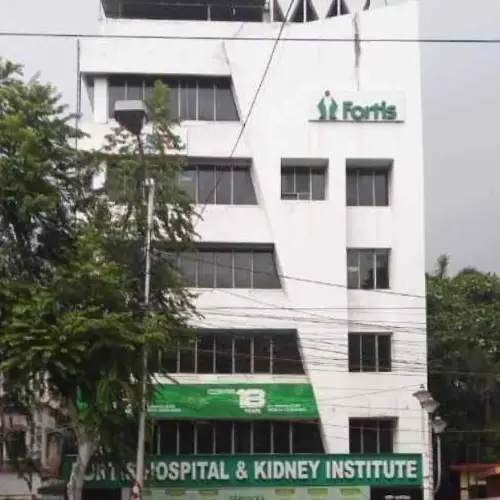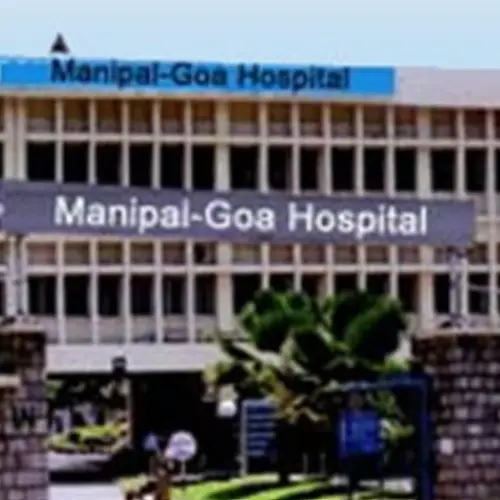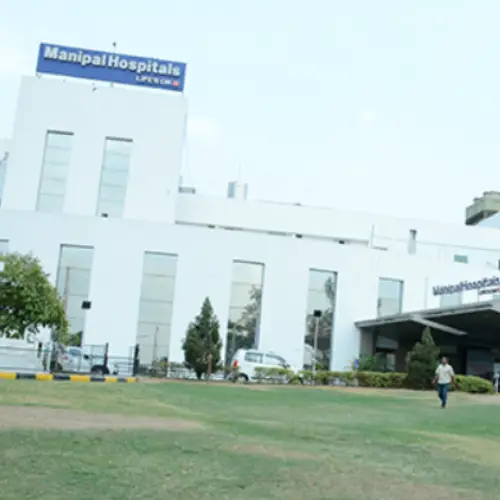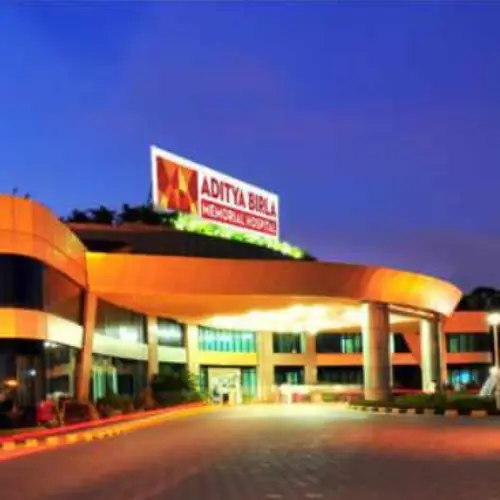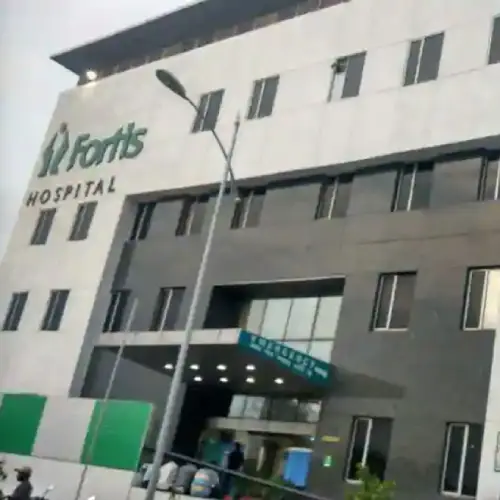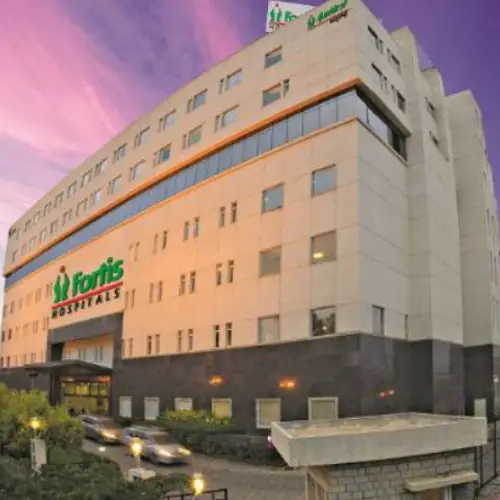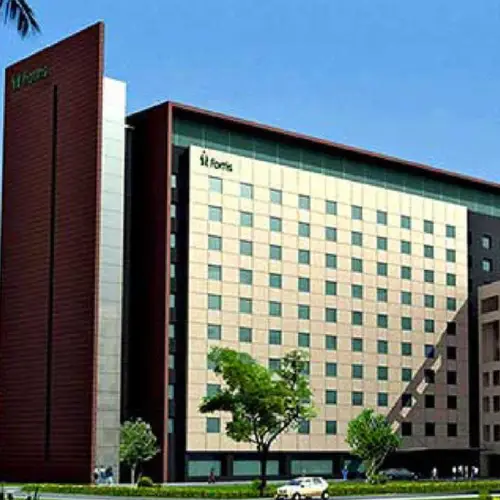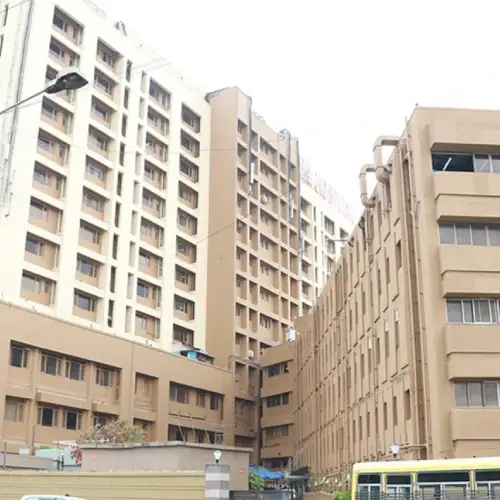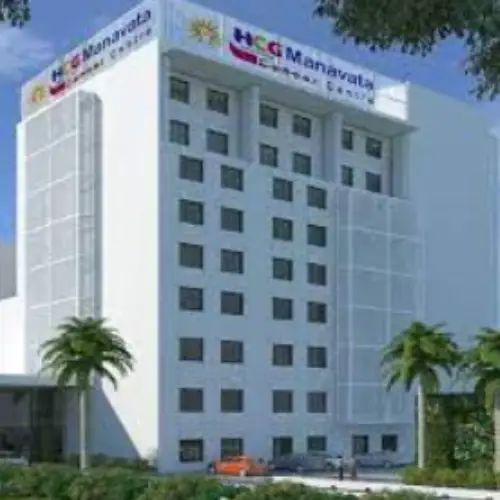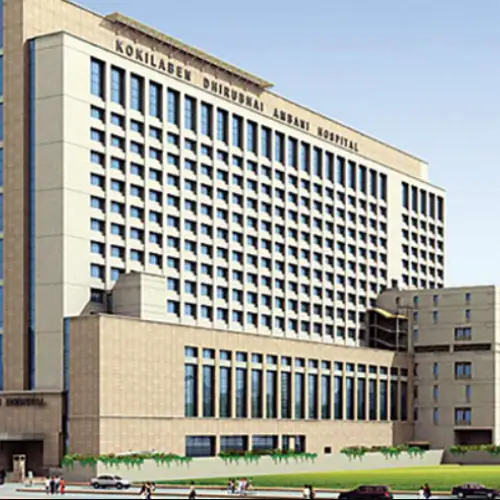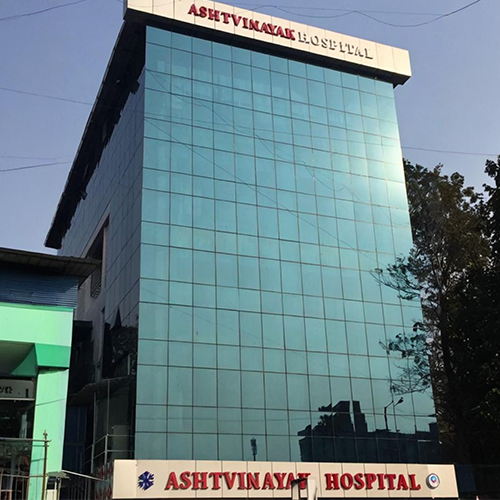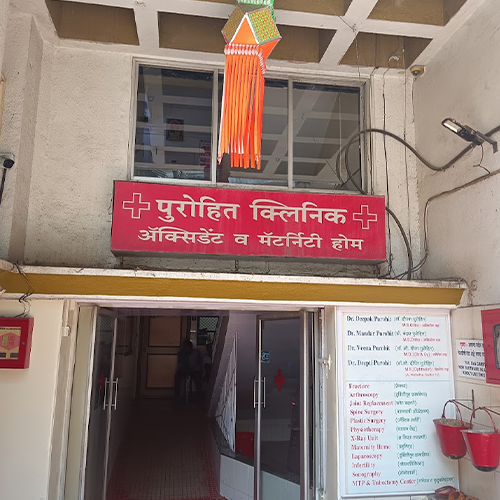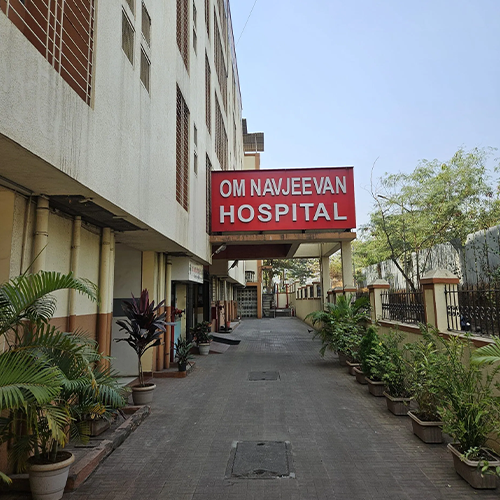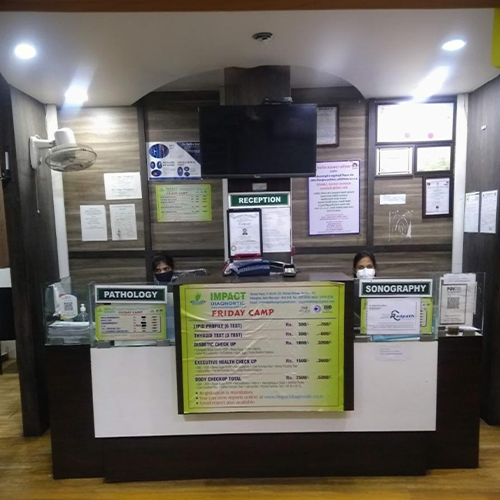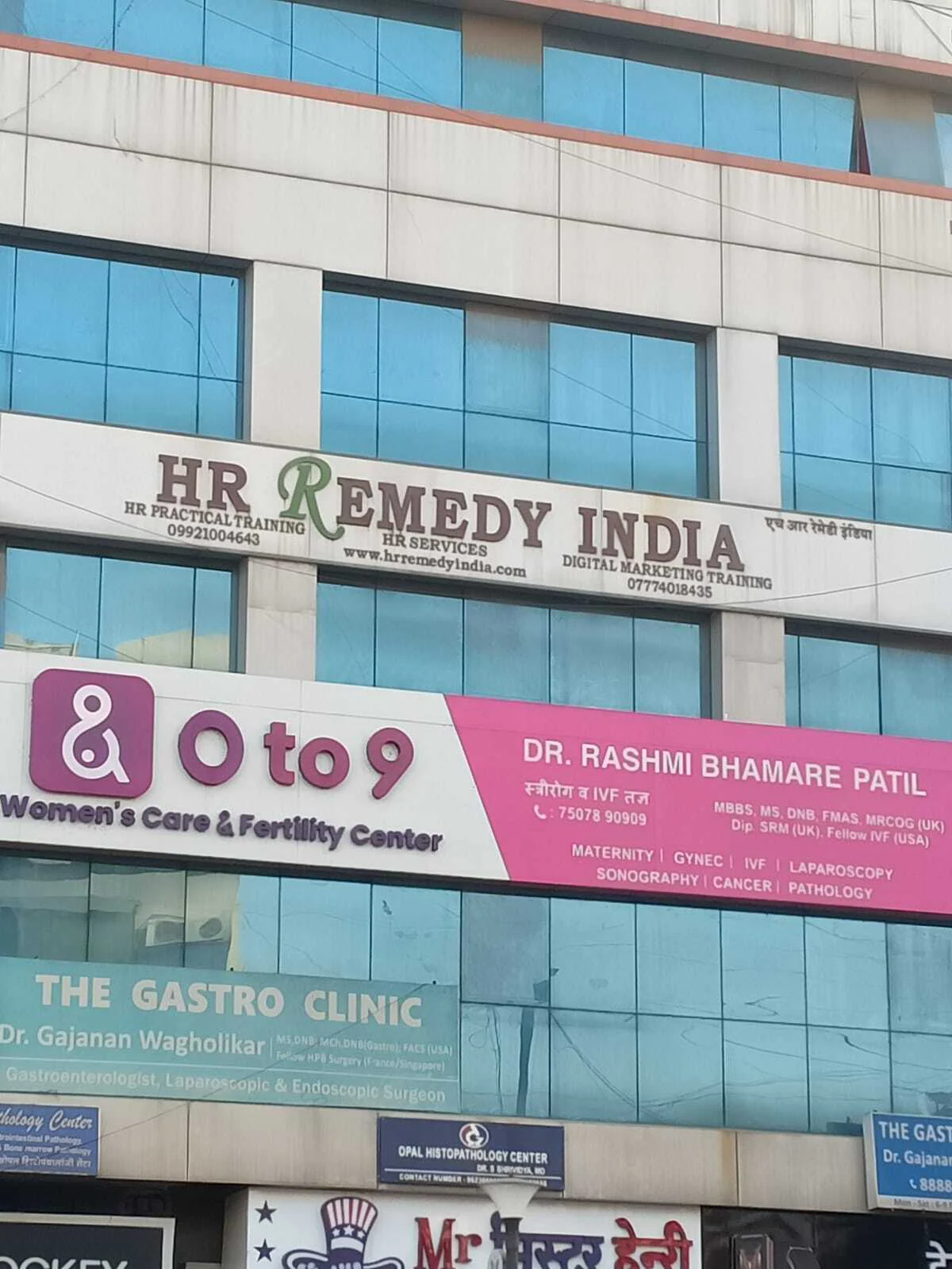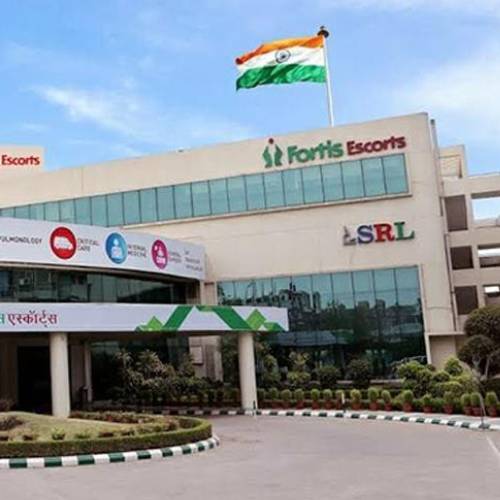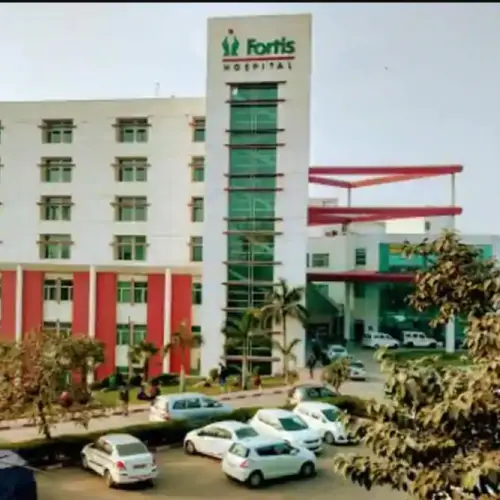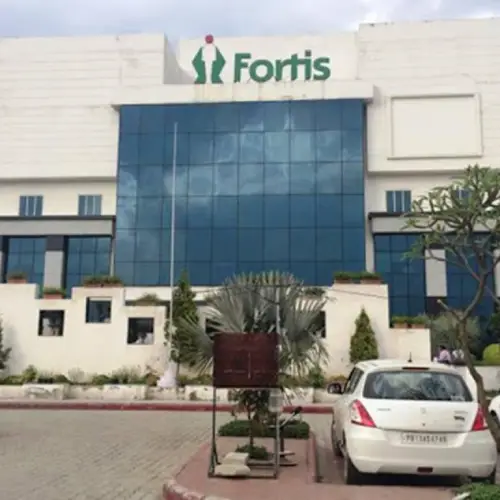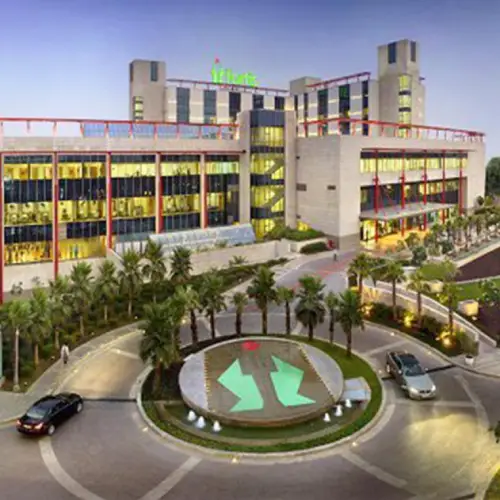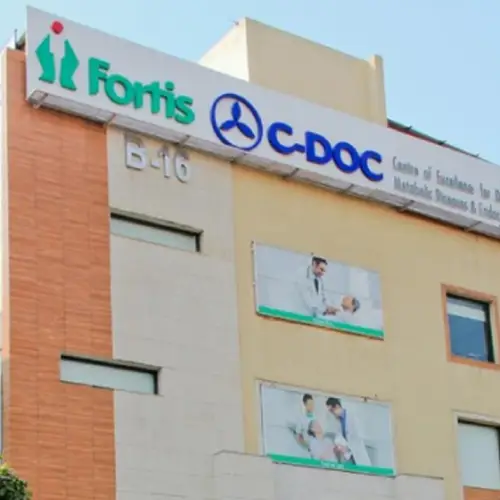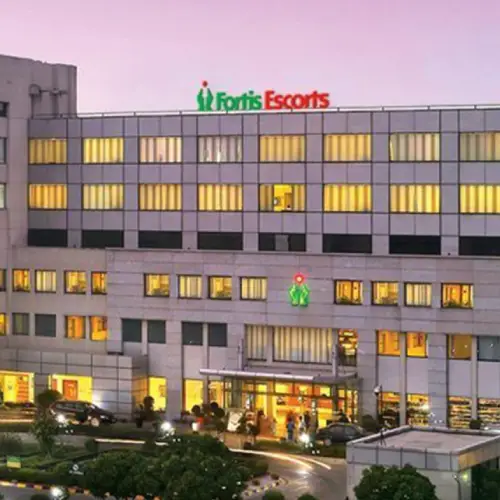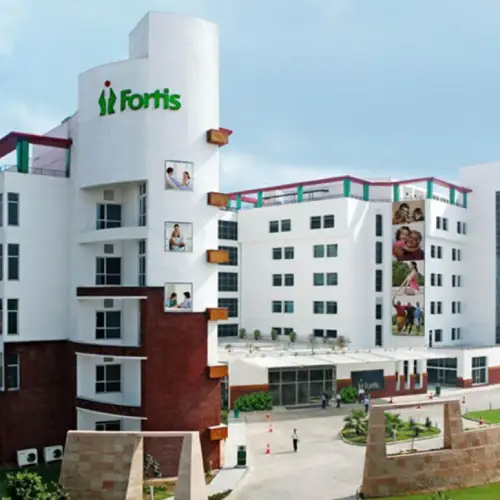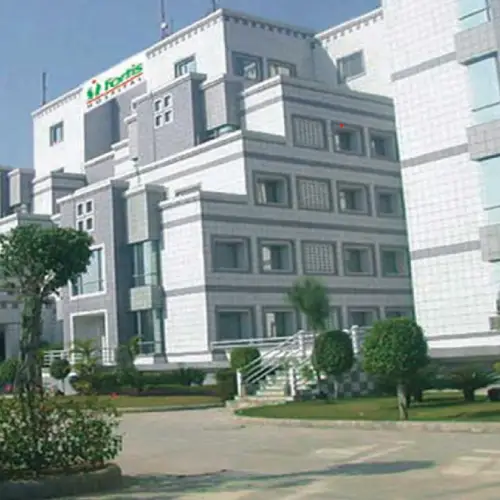Gastric Cancer
Gastric Cancer
What Is Stomach Or Gastric Cancer?

Any form of cancer can become life-threatening if it goes unnoticed and early signs and symptoms are disregarded. Stomach cancer, also referred to as gastric cancer, involves the rapid and abnormal proliferation of cancer cells within the gastrointestinal and digestive systems, gradually spreading to other parts of the body. The origin of cancerous growth in stomach cancer typically begins with the abdominal lining and then progresses to involve the lymph nodes and other organs.
Detecting stomach cancer in its initial stages is challenging since symptoms can be subtle, making early diagnosis for safe treatment difficult. In advanced stages, like many other forms of cancer, stomach cancer can become highly lethal, offering limited opportunities for effective treatment and cure.
Indicators and Manifestations of Gastric Cancer
During the initial stages of gastric cancer, patients often do not experience prominent symptoms. Consequently, the disease can go undetected and untreated for an extended period, allowing cancer to progress unchecked within the body. By the time treatment is sought, the cancer may have already advanced extensively throughout the body, reducing the chances of survival. Nevertheless, there are certain symptoms that can occasionally serve as early indicators of gastric cancer. These include:

- Heartburn and acidity
- Bloating and stomach upset
- Excessive tiredness and exhaustion
- Indigestion with mild to severe abdominal pain
- Loss of appetite and a feeling of fullness after eating a small portion of food
All the above symptoms are very common and do not certainly imply the development of cancer in a normal sense. But in most cases, these are only the early signs of stomach cancer. So, whenever you feel that you are feeling any of these above symptoms, it is highly advisable to take medical help from your concerned health care expert.
After the early stage is countered, cancer starts entering the severe stages, where the cancer cells start spreading into the various other parts of the body. In this case, one might have the following symptoms:
- Unexplained loss of body weight.
- Ulcer development in the stomach.
- Jaundice or liver-related disease.
- Traces of blood in the stool or black stools.
- Development of a lump or a tumor on the abdomen.
- Nausea, that may or may not be accompanied by vomiting.
Factors Leading to Gastric Cancer
While there are numerous factors that could contribute to the onset of stomach cancer, the precise cause remains a subject of uncertainty among healthcare experts and many oncologists. However, certain presumed factors are considered potential contributors to the development of stomach cancer in the human body. Some of these factors include:
Individuals in their senior years, particularly those aged 60 or 70 and above, are at a higher likelihood of developing stomach cancer compared to younger generations.
Many oncologists often suggest that men are more susceptible to developing stomach cancer than women, although individual circumstances may vary.
This represents a significant contributing factor to the onset of stomach cancer: inadequate nutrition in one’s regular diet, irregular lifestyle choices, and abnormal eating or sleeping patterns.
Excessive consumption of junk foods, packaged food substances, smoked foods, foods that are oily and contain a lot of spice, heavy consumption of meat and pickles, and low consumption of fresh fruits and green, leafy vegetables.
Presence of genes of any type of cancer in the family history.
Types Of Gastric Cancer:
This is the most commonly encountered type of stomach cancer, characterized by cancer cells initiating abnormal division within the abdominal cavity lining, displacing the mucus and fluids present among normal, healthy cells. This form of stomach cancer can further be categorized into two subtypes: Intestinal carcinoma and Diffuse adenocarcinoma. In the former, cancer cells exhibit slower growth within the abdominal lining, typically affecting older individuals. Conversely, the latter subtype demonstrates a swifter spread throughout the body and is predominantly observed in younger generations.
The stomach houses an immune system that serves as a protective barrier against diseases in the gastric region. However, this uncommon type of cancer impacts the stomach’s immune system.
Carcinoid tumors are likewise infrequently encountered; these are cells that do not metastasize to other body parts and instead produce hormones within the stomach.
Stages Of Stomach Cancer

Stomach cancer is categorized into four distinct stages, determined by the disease’s severity and its progression:
Stage 1: At this initial stage, cancer cells have just begun to develop, forming a tumor that extends deep into the abdominal cavity. The disease is highly treatable at this point.
Stage 2: In this stage, the tumor continues to grow, penetrating deeper into the stomach, and gradually spreading to nearby lymph nodes. Stage 2 stomach cancer remains highly treatable.
Stage 3: Progressing further, the tumor continues its growth and slowly extends into other parts of the body.
Stage 4: The most critical stage of stomach cancer, where cancer cells have infiltrated nearly all major organs such as the lungs, liver, brain, and more. Treatment options are limited at this advanced stage of the disease.
Diagnosis Of Stomach Cancer
There are certain ways the diagnosis of stomach cancer that is frequently followed and recommended by oncologists and health care experts. Some of the methods of diagnosing stomach cancer are as follows:
- Endoscopy: A pipe with a probe is inserted through the food pipe of the patient to examine the condition of the stomach and the abdominal cavities and also to study the growth of cancer.
- X-ray: Stomach and food pipe X-rays are performed by physicians to know the pattern of development of cancer within the stomach.
- Biopsy: Your doctor will prescribe a biopsy to diagnose any form of cancer, particularly stomach cancer to know the growth of cancer cells within the stomach.
Risk Factors Related To Stomach Cancer
There are several kinds of risk factors that are harmful to the body and might prove to be fatal for stomach cancer. Some of those factors are listed here as follows:
- Gastric ulcers.
- Lack of exercise and workout.
- Obesity and people with abnormal body weights.
- Development of lumps in the gastro-intestinal tract.
- Eating unhealthy foods like meat, oily and spicy foods more frequently.
- Excessive smoking, drinking, or consumption of any other kind of drugs.
- Bacterial or any other type of infections in the stomach, for example, H. Pylori.
- Genetic abnormalities, or the presence of abnormally- mutated genes in the family traits.
Treatment Of Stomach Cancer
Multiple treatment approaches are employed for addressing stomach cancer, with the chosen method contingent upon the disease’s severity and the specific stage of development within an individual’s body. Several of the treatment methods for stomach cancer include:
- Chemotherapy
- Radiation therapy
- Lymph node removal
- Subtotal gastrectomy
- Total gastrectomy
This constitutes a form of cancer therapy, often one of the most frequently recommended approaches. In this method, surgeons administer drugs or medications to target and eradicate cancer cells, as well as to impede the proliferation and spread of cancer or the development of additional cancer.
Some high-intensity of rays or light beams are used to apply to cancer-affected areas of the body to damage the cancer cells. This therapy is widely used as radiation therapy in oncology.
In this therapy, the lymph nodes of the affected areas or the damaged lymph nodes are destroyed using medications.
It is a form of surgery, through which the cancer-affected cells or the portion of the stomach that is damaged by cancer are removed through surgical methods.
This is another form of surgery used to treat stomach cancer in which the stomach is removed, and the food pipe gets attached to the small intestine.
FAQs
There are pretty good chances of survival after getting properly treated with stomach cancer, if only the disease is not severe in case of that particular individual, and it is not detected at a very late stage when it is barely treatable.
This entirely depends on the severity of your condition and how long your concerned health care specialist advises you to remain under health care supervision. But, on an average, a person will require at least 3 to 10 days to stay in hospital after surgery.
Obviously, after the surgery and recovery from stomach cancer, the amount of food consumption will gradually decrease and the person will be able to eat less amounts of food substances, but he or she should eat according to the amount prescribed by the concerned health care expert.
Best Hospitals for Orthopaedic Surgical Oncology in India
Fill this form to get a free quote from best hospitals in India


At MediTours India, we stand as a distinguished leader in the realm of medical tourism, dedicated to transforming your healthcare journey into a seamless and transformative experience. With a commitment to excellence and a focus on your well-being, we pave the way for a new era of medical travel.
Contact Us
Address : C603 Jalaram Park LBS Road. Bhandup West Mumbai -400078 Phone : +91 9820344697 Email : ajit@meditoursindia.in
Copyright by indiameditours 2023. All rights reserved.
